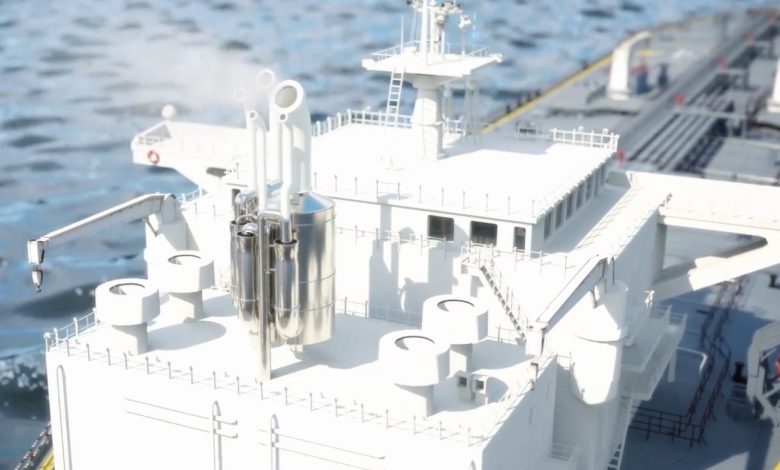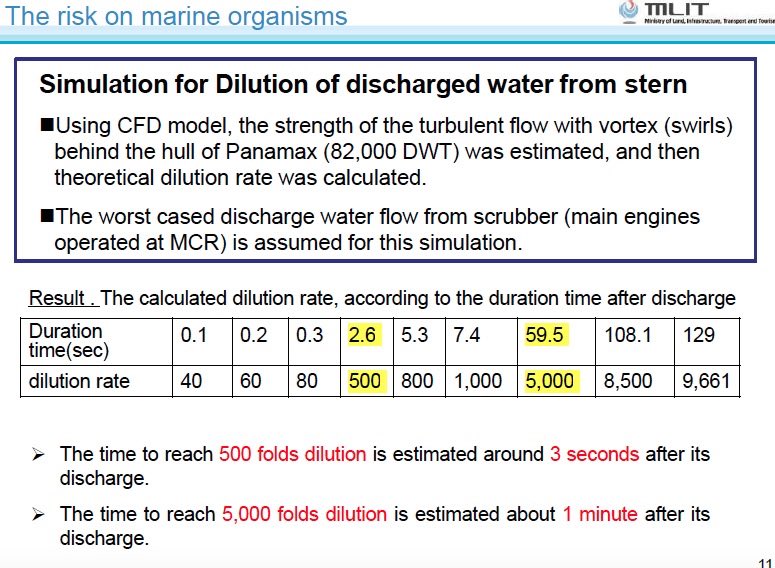Japan comes out in favour of open-loop scrubbers

Japanese authorities have declared washwater discharge from open-loop scrubbers to be not harmful to the environment, lending credence to a three-year study on the topic carried out by cruise giant Carnival, which was unveiled last week.
Open-loop scrubbers have come under enormous scrutiny in the past 12 months with key shipping locations such as Singapore, China and Fujairah banning the technology.
However, Japan, home to the world’s second largest merchant fleet, has come out in favour of them.
In a 20-slide presentation prepared by Japan’s Ministry of Land, Infrastructure, Transport and Tourism (MLITT) and presented at the headquarters of the International Maritime Organization (IMO) last week, Japanese authorities have concluded that the discharge water with chemical substances such as sulphur oxide, polycyclic aromatic hydrocarbons and heavy metals does not cause unacceptable effects either on the marine organisms or on the seawater quality around Japan.
The presentation, seen by Splash, includes results from a simulation for dilution of discharged water from the stern of an 82,000 dwt bulker, which shows that the strength of the turbulent flow behind the ship would dilute the washwater 500 times within three seconds and 5,000 times within a minute (see slide below).
The Japanese government has concluded that no short-or long-term effects on marine organisms are caused by the use of open-looped scrubbers.
The Japanese presentation stated that MLITT is of the position that there is not a scientific justification to prohibit the use of open-looped scrubbers, as long as the IMO’s discharge criteria are met.
Last week, Carnival, a big investor in scrubber technology, revealed its own findings into the controversial topic of washwater discharge.
The cruise firm’s three-year study collected 281 washwater samples from 53 scrubber-equipped cruiseships. The samples were then assessed and compared against various water quality standards which they met favourably.
With the global sulphur cap just 309 days away and shipowners having spent more than $7.5bn on exhaust gas cleaning systems to date, the IMO last week called for more scientific research to be done on scrubbers.

